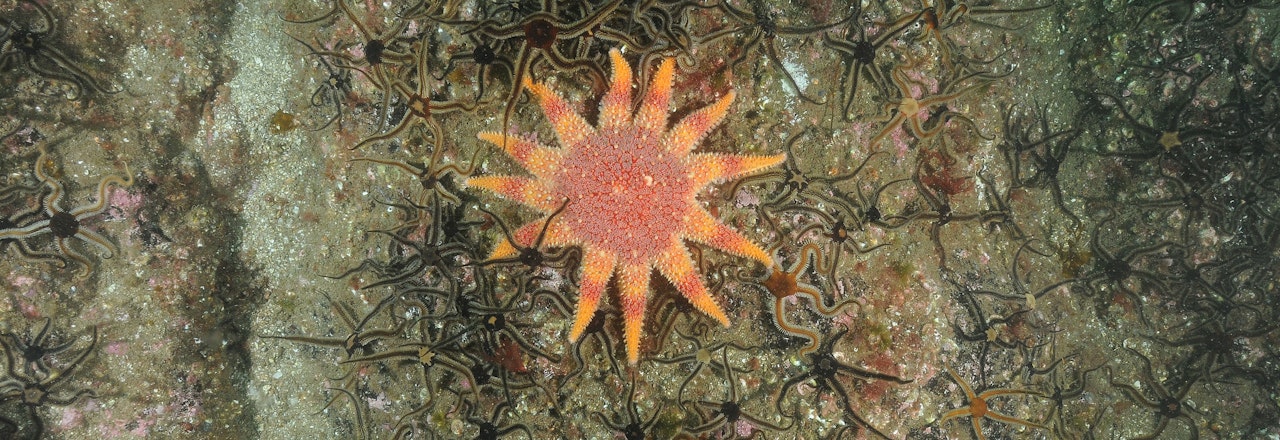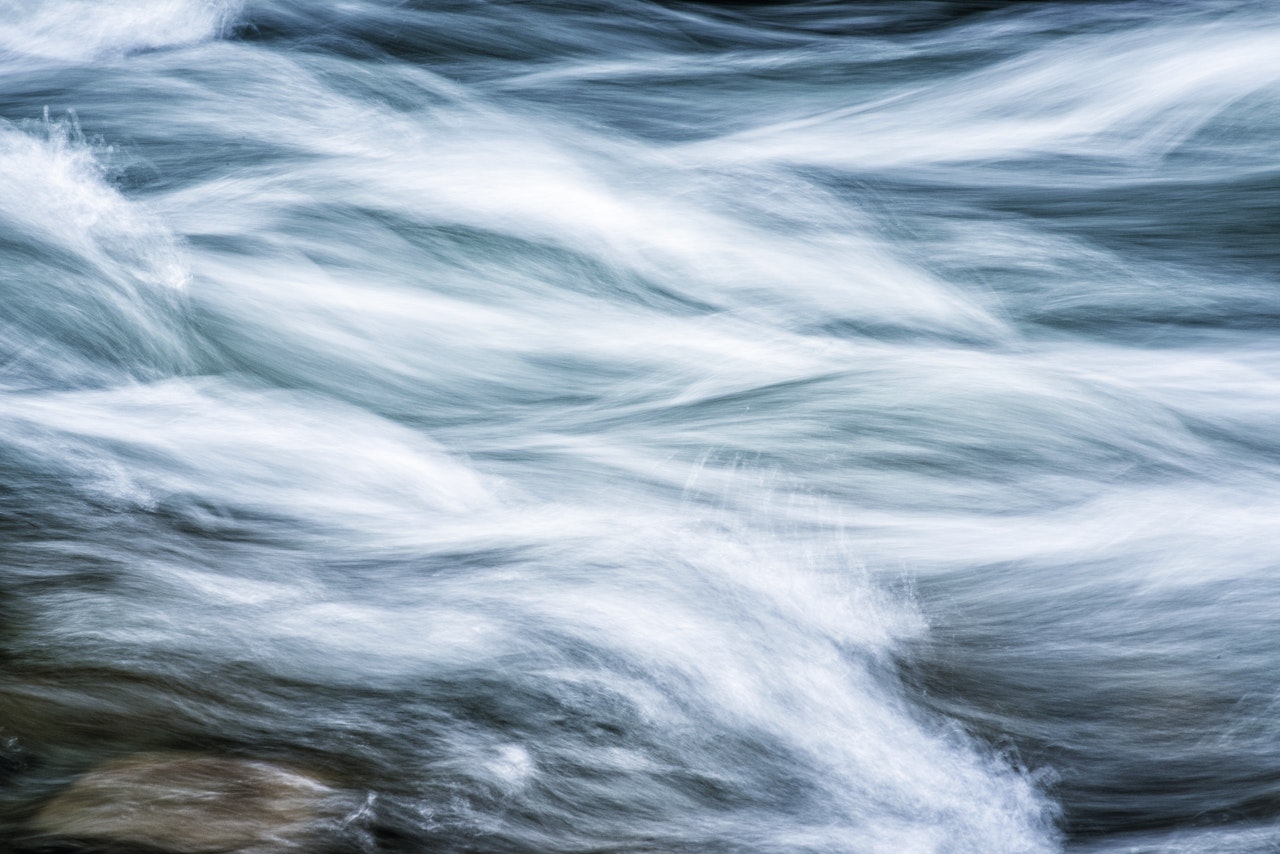
MDE User Case Study: Marine Sciences Master's Student
To celebrate the use of marine industry data, we have created “MDE User Case Studies”
In this series of articles, we will be showcasing the different ways that data hosted on the MDE is helping to shape the future of our seas. From academics, to GIS experts, marine industry consultants and more, learn how YOU can shape the future of our seas, through open and accessible data & evidence.

Student - MSc Marine Environmental Protection, Bangor University (2021)
In this case study we hear from Student "H", a post-graduate student studying a MSc in Marine Environmental Protection at Bangor University. The course provides theoretical and practical training in measuring and quantifying marine resources and the effects of conflicting usage upon them. It also provides a sound scientific basis on which to develop policy and make decisions on marine resource exploitation and protection around the world.
1. What industry are you in?
Marine Sciences/Academia.
2. What is your job title and role?
I am currently a Masters Student at the University of Bangor (MSc Marine Environmental Protection – School of Ocean Sciences).
3. What theme of data do you use on the Marine Data Exchange?
I use all themes of data made available on the Marine Data Exchange! Including:
- benthic ecology
- birds
- coastal processes
- engineering and design
- epifauna and fish
- geophysical
- geotechnical
- intertidal ecology
- marine mammals
- noise
- metocean
- sedimentology
4. How do you use the data on the Marine Data Exchange?
As part of our studies we learn about Environmental Impact Assessments (EIAs), so that we learn key skills that will make us more employable and prepared for life in industry. As part of our EIA module, we had to propose our own offshore or coastal project and then write a draft environmental statement describing the level of the impacts of the proposed development. We also had to outline any potential mitigation measures and monitoring plans. I chose to write about a co-location project - integrated multi-trophic aquaculture & an offshore wind farm.
We had to try and understand the potential impacts of the project by analysing real data. I found a wealth of baseline data for the proposed Islay offshore wind farm in Scotland on the Marine Data Exchange. Using this information really helped me to understand the potential impacts of offshore development and how to write and present a report.
5. What are the benefits of using the Marine Data Exchange?
The marine renewables industry is expanding. Therefore, there is greater demand for people with the knowledge and skills to work in the industry – people who are educated in marine sciences with an understanding of key policies and also the survey work required for offshore development.
"The Marine Data Exchange is a brilliant tool that can be used to educate people, helping them to develop their skills and providing them with real life examples of marine industry projects that they can learn from, preparing them for their own industry projects later on in life. Without the Marine Data Exchange, I would have really struggled to write my own Environmental Impact Assessment. The wealth of data is amazing- it is one of my go to study resources"





